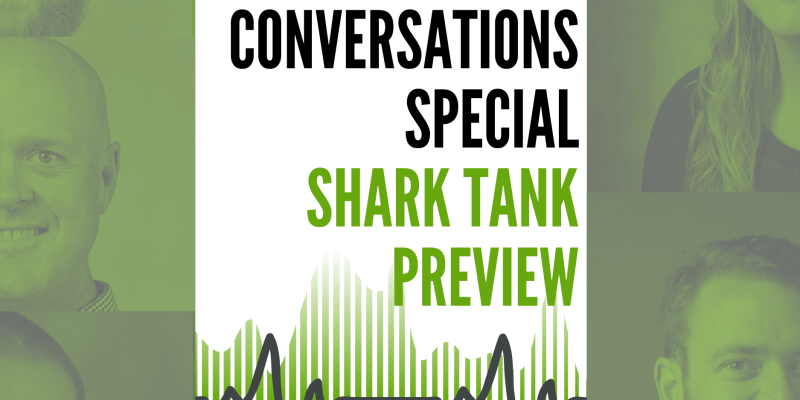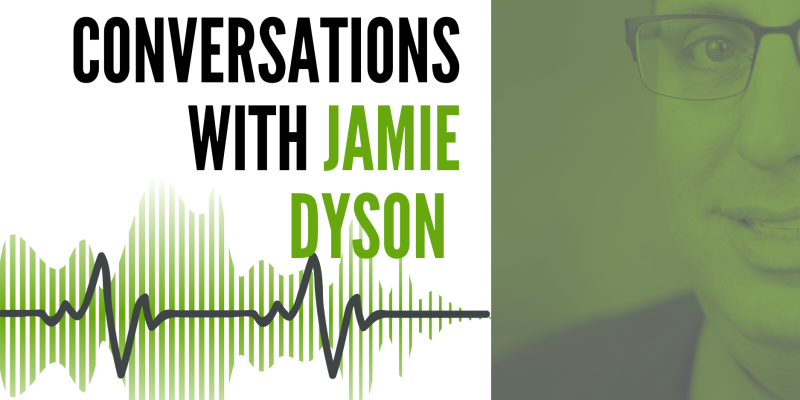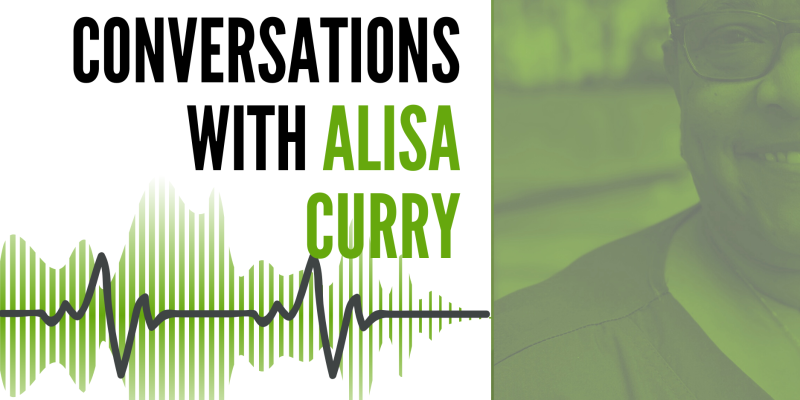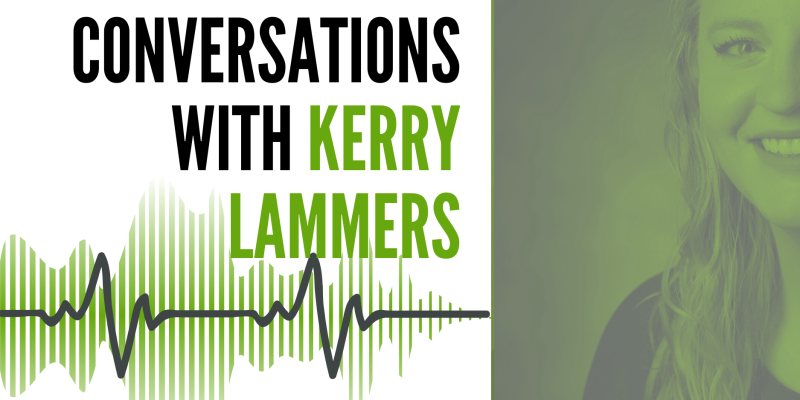Show Notes
Specialization can shape a therapist’s confidence, identity, and long-term trajectory — but the pathways to get there aren’t always clear. In this episode of Acute Conversations, co-hosts Dr. Leo Arguelles and Dr. Nicole Neveau sit down with Dr. Leslie Ayres, Rajashree Mondkar, and Dr. Terry Schwing to explore what it really takes to pursue the Cardiovascular & Pulmonary (CCS) specialty.
Together, they unpack three very different journeys: the traditional pathway, residency-based training, and fellowship experience. Leslie reflects on how a single listserv email led her to a CVP residency five years into practice. Rajashree shares what it meant to become one of the first CCS clinicians in Texas back in 1994. Terry explains how fellowship training and outcomes research shaped his voice in ICU mobility and cardiopulmonary care.
Across their stories, one message stands out: there is no single “right” pathway — but there is always a spark. Listeners will hear candid reflections on mentorship, research expectations, clinical identity, and how specialization deepens bedside reasoning across acute care settings.
Whether you’re a student curious about your future or a clinician considering your next step, this conversation offers clarity, inspiration, and practical insight into navigating the specialization journey.
Today’s Guests:
Leslie Ayers PT, DPT, EdD, CCS
Rajashree Mondkar PT, MSPT, CCS
Terry Schwing PT, DPT CCS
Guest Quotes:
6:47 Leslie “ And that’s really what inspired me was just, I was thinking, I want to know more about these patients. I wanna get better at treating these patients. I wanna be an expert at this.”
17:34 Terry “ I think specialization really gives you an opportunity to delve deep into what you’re interested in and learn probably a lot more than you maybe thought you would need to know or I topics outside of maybe what your niche current interest is in. And it opens up your world as to all the different things that physical therapy is able to provide for patients.”
20:07 Rajashree “ I think they students, definitely very important because even if you’re not ready to do specialization, as soon as you are out, because you need few years of experience, you need to find where you are passionate about. You can see that even if there, there are many places, maybe the residencies are not available for cardiopulmonary, but you can reach out… You can find mentoring, mentorship, you can find avenues how to get there. And people are, I think people are eager to always guide others. To get to where you are. And that’s how our profession grows.”
Rapid Responses:
How fast do you think you could run a hundred meters pushing a crash cart?
Leslie “ So my rule for running is to finish in the upright position, but you don’t have to be first. So as long as you get there cart intact, it doesn’t matter how long it takes.”
Rajashree “ And my goal is to get there and not that crash cart meeting for me.”
Terry “ Yeah. I don’t know. I feel like a lot of the crash carts sometimes have rickety wheels, so I might just be trying to get it there as well. And just not falling and tipping the whole cart with me.”
You know you work in acute care when…
Leslie “ when you spent 30 minutes with a patient just to go to the restroom and their question is. That’s all we’re doing today.”
Rajashree “when you are untangling lines and wiping somebody’s bumps. I did not know in PT school when I went that I’ll be. “
Terry “ I guess I might say you’re an acute therapist and I always think about whenever I’m watching like TV shows or something like that and I see like someone intubated or an eek g on the screen and things like that. And I’m like, I’m always like, okay, is that the appropriate rhythm or intubation like method for like for this patient at that time? And I’m always like they did okay.”
Links:
Connect with our host and the podcast!
Leo Arguelles (LEE-O R-GWELL-IS)
Twitter @LeoArguellesPT
Nicole Neveau
Danny Young
X – @DLYoungDPTPhD
Bluesky – @dlyoungdptphd.bsky.social
Interested in being a future guest?
APTA Acute Care:
https://www.aptaacutecare.org/page/AspireandAchieveMentorshipProgram
Twitter @AcuteCareAPTA
Facebook APTA Acute Care
Instagram @AcademyAcutePT
YouTube APTA Acute Care Podcast
Podcast: Play in new window | Download



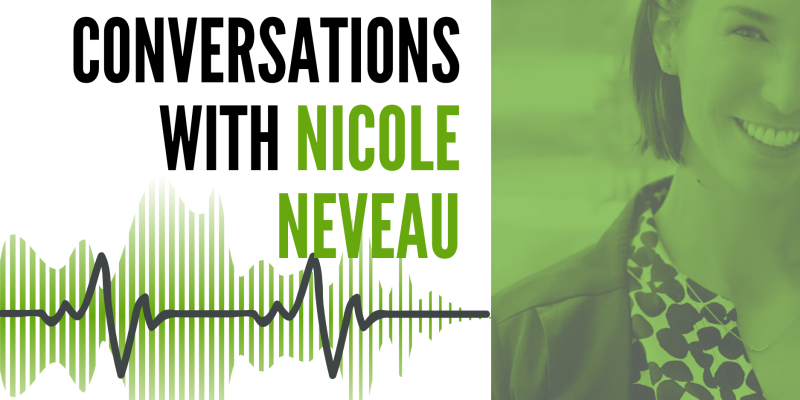

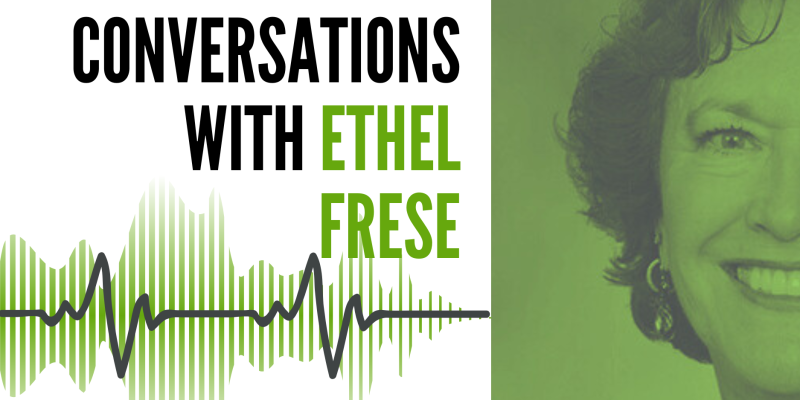










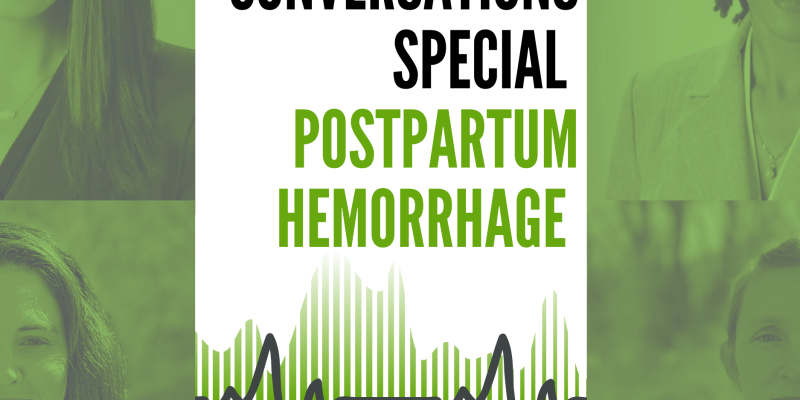




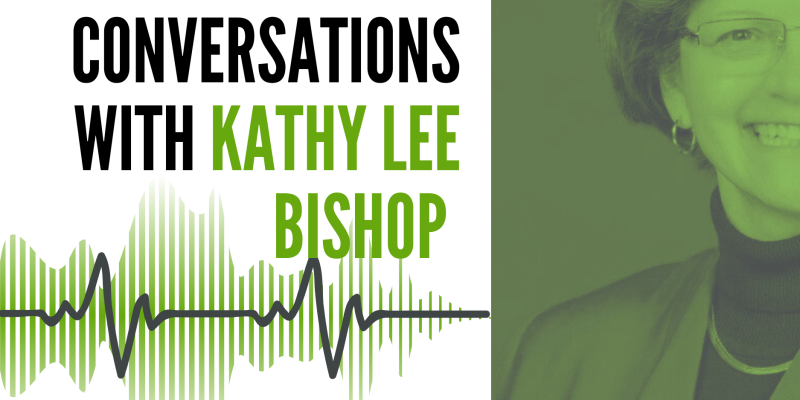



 Show Notes
Show Notes




